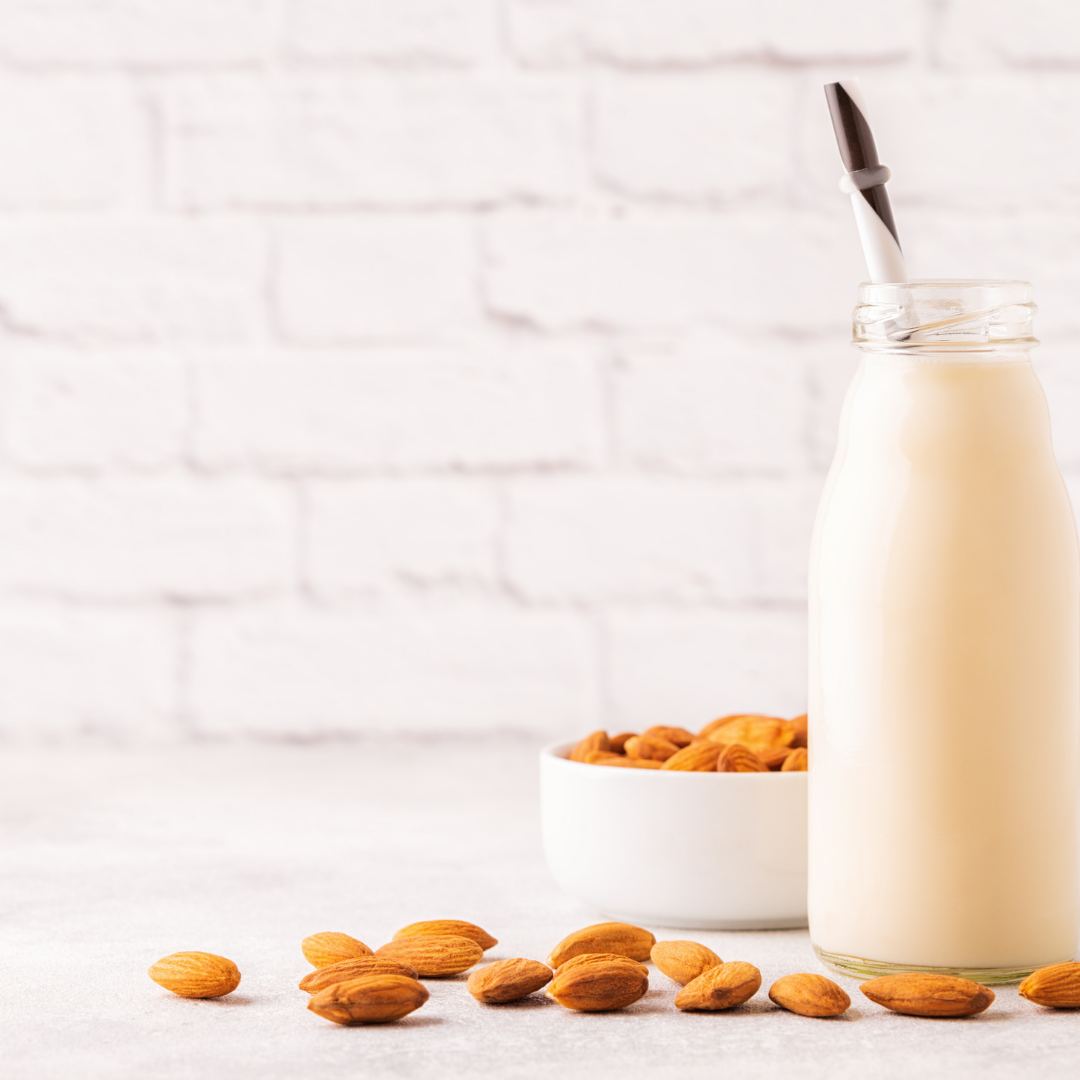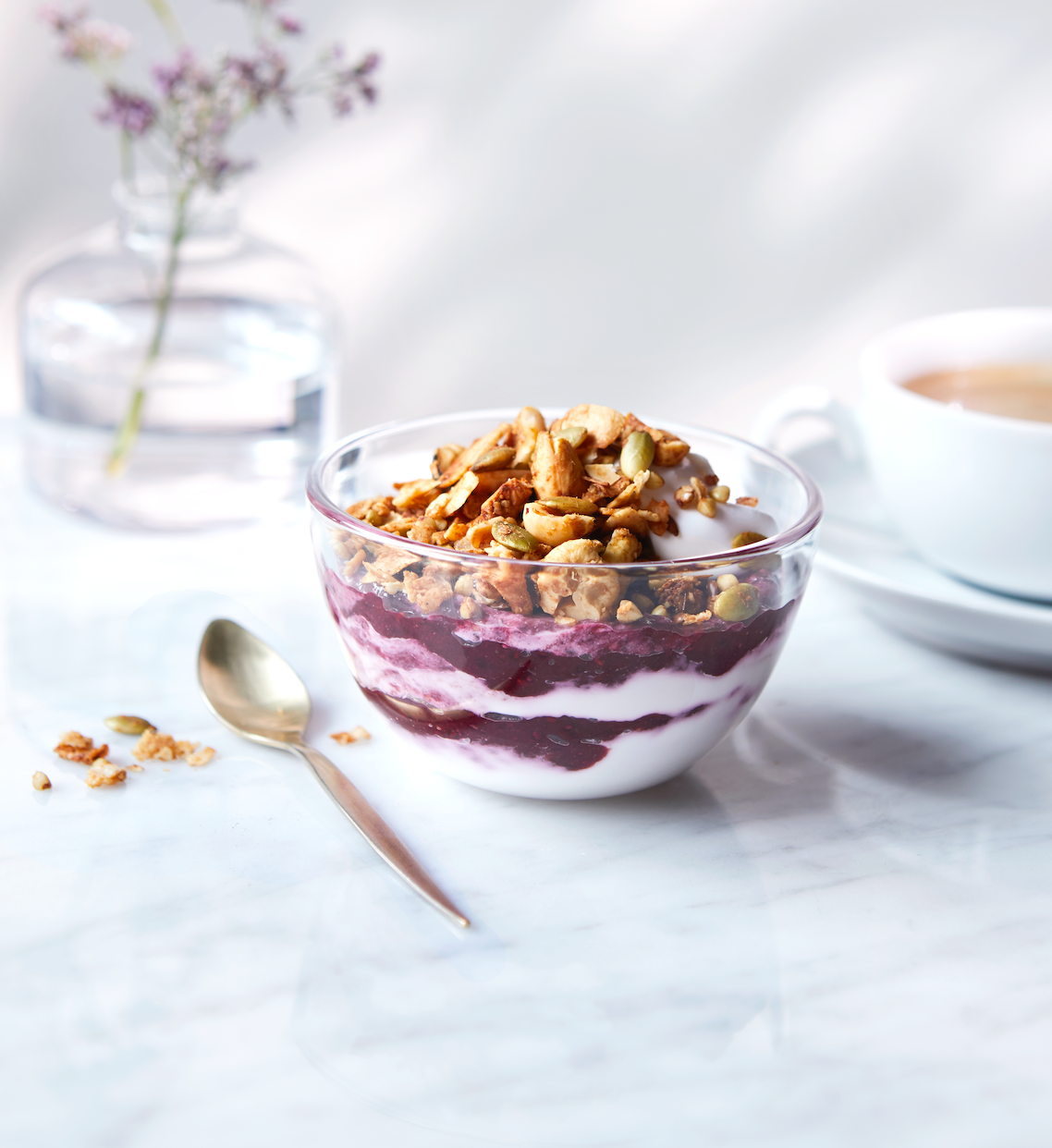
Eating for the brain | What foods are best for brain health, from a nutritionist
Whilst the world maintains a laser focus on how we improve our physical health, the discussion around mental health continues to be insufficient, however it has most definitely gained much more recognition within recent years.
There are a multitude of ways that we can work to improve our mental health, and nutrition is one of the many enhancing factors. What we eat can have a large impact on how we feel, therefore eating a balanced and nutritionally dense diet can be powerful for your wellbeing, physically and mentally.
Here is what our nutritionist, Georgine Leung, has to say on what foods are best for the brain:
Q: What is the link between brain health and nutrition?
Nutrition has a role to play in brain health which are both structural and functional. The brain is made up of mostly fat, and this is why healthy fats (think unsaturates, omega-3 and omega-6 fatty acids) are very important to maintain the brain’s cell membranes and its normal functioning. The brain uses glucose as a preferential fuel so carbohydrate foods are key to provide this. The supply of micronutrients, particularly B vitamins, are also needed to help unlock this too.
Q: Based on your work as a nutritionist, what are the common nutrient deficiencies that can result in mental illnesses?
Mental conditions and their root causes are multi-faceted. There is diet and genetics, but also the socioeconomic circumstances that also have a strong influence on both physical and mental outcomes too. Specific micronutrients have now been found to demonstrate important mental outcomes, the lack of iron, selenium and some B vitamins for example affects levels of energy and might be linked to depression and irritability.
Q: How can one improve or support their cognitive function through foods?
It has been found that the gut microbiome influences brain function and mood on a two-way street that is called the ‘gut-brain axis’, so feeding our gut bacteria on a diet packed with dietary fibre helps nurture our brain and mental health too. This could include whole grains and fibre-ful carbohydrate foods, beans, pulses, nuts and seeds, as well as a wide variety of vegetables and tubers of course.
Q: What are the top tips that you would recommend in order to make these changes easier for those who are reading this?
Going for a variety is never old, and a good way to do this is through consuming a vibrant variety of vegetables and grains. At Kurami, we aim to meet the recommendation of at least 30g of dietary fibre each day. The good news is fibre-ful foods are also more likely to provide other micronutrients that including vitamins and minerals that are important for our wellbeing.
Overall, although eating a balanced diet is the not the sole solution to improving one’s mental health, it most definitely plays a large and important role within this process.
Through regularly consuming a nutritious, vibrant array of whole foods, you are catering to your health and improving how you feel. If anything, it is just as much of a self care practice than the usual round of face masks and tea at the end of a long week.



